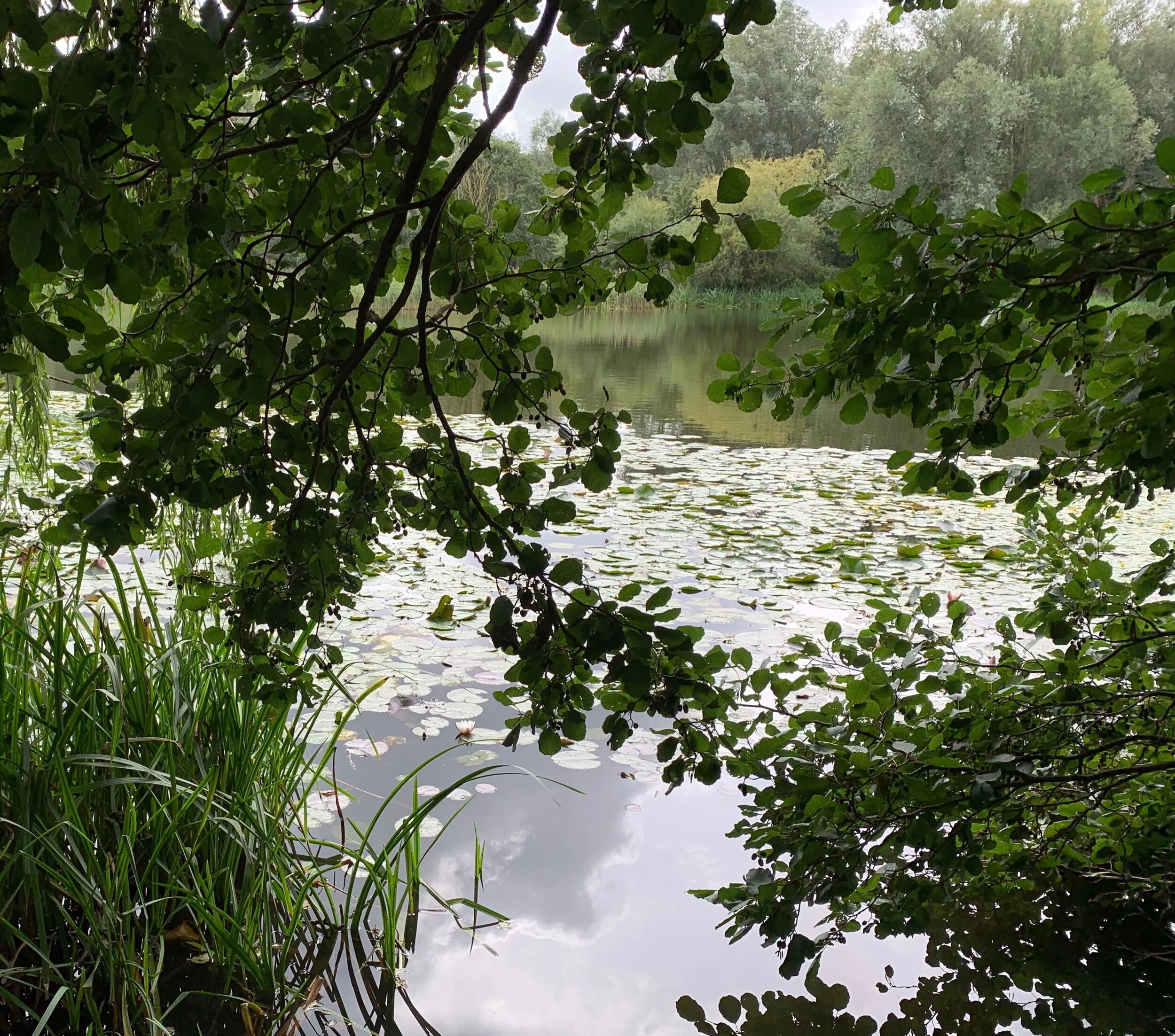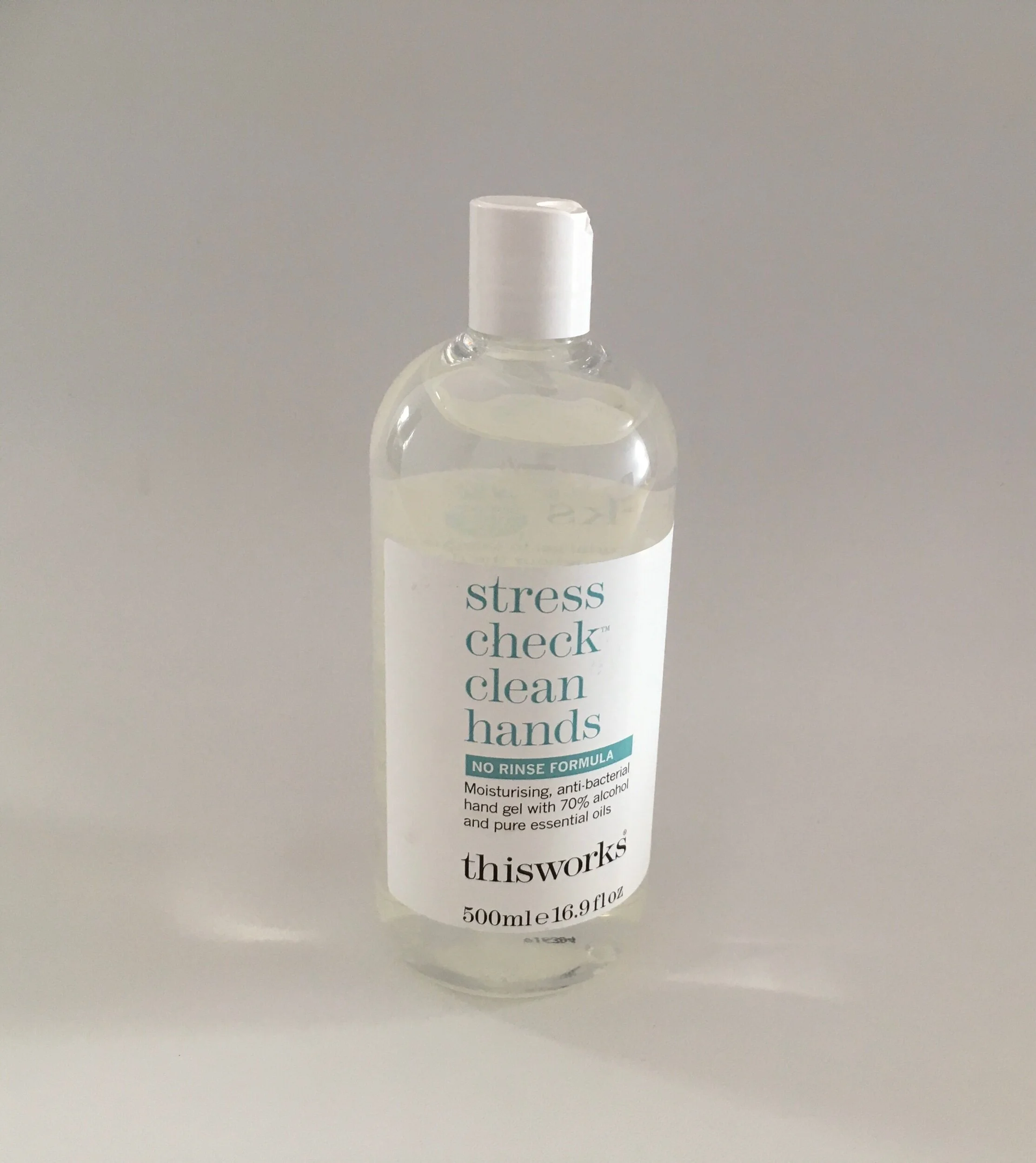A guide to living well even with shorter days and longer nights
Now the clocks have changed many of us are filled with dread at the idea of shorter days and longer nights. As daylight plays an important role in maintaining both our physical and mental health it is common for many of us to feel a lowering of mood. Below are some tips to help keep those winter blues at bay
Exercise outdoors, swap your indoor session for an outdoor one. The body has to work harder in cooler temperatures, which can increase brilliant brown fat (unlike white fat which stores calories, brown fat is metabolically active) Invest in ‘weather proof’ clothing and trainers and the natural light, even if it is cloudy and fresh air will leave you feeling invigorated.
Practice Forest Bathing, known as Shinrinyoku in Japan where the concept originated. Walk/run or stand close to trees and bathe in phytoncides, the essential oils produced by trees.
Try a Lumie ‘wake up lamp’ that wakes you up gradually with increasing natural light. The light signals your body to ease the production of sleep hormones, like melatonin and to increase the production of ‘get up’ hormones like cortisol.
Hygge, embrace the Danish concept of Hygge, relax and snuggle with cosy blankets and candles to create a warm atmosphere that helps to increases a sense of wellbeing and happiness.
Vitamin D3, Public Health England recommends that the majority of adults should consider taking a daily supplement of 10 micrograms of Vitamin D during the autumn and winter months and that individuals who have little or no exposure to the sun and those from ethnic minority groups with dark skin should consider taking a supplement all year round.


